1678 Keeping cold cases warm
Cold Case BC: The Stories Behind the Province’s Most Intriguing Murder and Missing Person Cases
by Eve Lazarus
Vancouver: Arsenal Pulp Press, 2022
$22.95 / 9781551529073
Reviewed by Zoe McKenna
*
 One need only to briefly browse through the most popular shows and documentaries on Netflix to begin to understand our culture’s obsession with true crime. Be it missing persons or unsolved murders, there’s plentiful evidence of a dark fascination with that which cannot be explained, though whether that fascination is driven by curiosity or fear is hard to tell.
One need only to briefly browse through the most popular shows and documentaries on Netflix to begin to understand our culture’s obsession with true crime. Be it missing persons or unsolved murders, there’s plentiful evidence of a dark fascination with that which cannot be explained, though whether that fascination is driven by curiosity or fear is hard to tell.
It’s easy, in a market flooded with podcasts, TV shows, documentaries, and YouTube channels dedicated to true crime, to forget that these gruesome incidents can occur on our own doorstep. In Cold Case BC, Eve Lazarus quickly reminds British Columbians that we don’t need to look far to find our next unsolved mystery.
Lazarus is a Vancouver-based author with a background in local history and journalism. Cold Case BC joins an impressive list of other titles related to BC history and true crime, including At Home with History, Sensational Victoria, Sensational Vancouver, Cold Case Vancouver, Blood, Sweat, and Fear, Murder by Milkshake, and Vancouver Exposed. In addition to her written work, Lazarus also created two true crime podcasts – Cold Case Canada and Blood, Sweat, and Fear – and frequently participates in media events and interviews where she is able to share facts and stories about BC’s sometimes-sordid history.
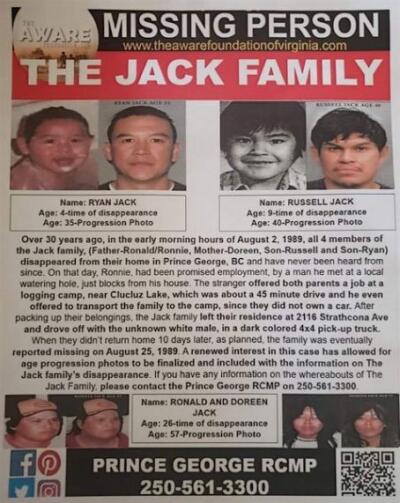
In Cold Case BC, Lazarus expands on her work initiated in Cold Case Vancouver, looking further afield to find more unresolved investigations. Cold Case BC ranges in terms of crime, time period, and geography. Lazarus includes examples such as the 1975 murder of Gail Sandra Rogers and Deborah Roe outside of Vancouver, the 1990 disappearance of Casey Bohun from Delta, and the 1945 unsolved death of Myfanwy Sanders, whose body was discovered in Saanich. For those less interested in murders and abductions, Lazarus profiles one of the largest bank heists in Vancouver history in an engaging two-part narrative.
The cases Lazarus compiles include unsolved murders, missing person cases and cold cases that were solved after a really long time-in the Monica Jack case, for example, it took 40 years to catch her killer through an RCMP-led Mr. Big sting. Others, such as the vanishing of the Jack family from Prince George, have so little evidence that were it not for the memories of family and friends, and the investigative work of researchers like Lazarus, it might seem that the disappearance never happened at all.
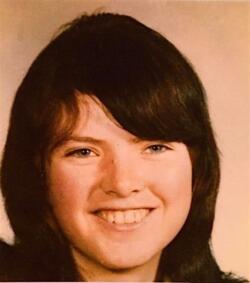
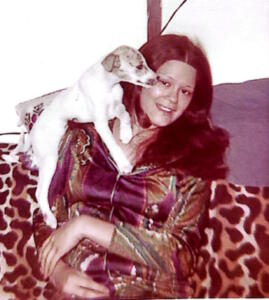
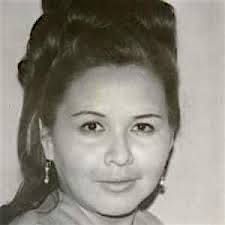
Regardless of the quantity of evidence, each case is supported by extensive research. Every chapter includes photos or newspaper clippings as well as interviews with remaining family members, police officers, witnesses, and other key figures. Each chapter is earnest and honest, regardless of who is placed in a bad light as a result. In this way, Lazarus not only does her due diligence as a writer and researcher, but also brings each case to life with personality and insight from those who know it best and were most impacted by the events. What might seem like a long-forgotten case from the mid 1900s to one person is a difficult family story about a grandmother, uncle, or friend to another. Though older unsolved cases may seem truly cold, to some they are still fresh wounds.
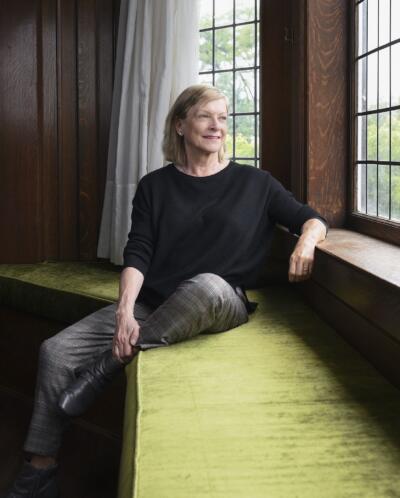
Eve Lazarus handles this truth tenderly. Much criticism has been directed toward the true crime genre, with accusations of cruel or inauthentic portrayal of events, over-dramatization, and even the idolization of criminals from well-known cases. Conversely, Lazarus treads carefully, never sensationalizing her account of the events, rather sticking closely to first-hand anecdotes or factual research.
Lazarus is also careful to underline the social context behind unsolved violent crimes, and how they disproportionately impact Indigenous people, especially Indigenous women. As Lazarus details, many cold cases remain memorable because they are examples of rare and extraordinary crimes. For the many Missing and Murdered Indigenous Women and Girls in BC and across Canada, this is not the case. While the inclusion of this fact does little in terms of providing justice, it does raise awareness for a larger, institutional issue that cannot be overlooked in our understanding of crime in British Columbia and beyond.
Cold Case BC doesn’t thrill or incite fear, nor is there any false promise of hope or resolution. Rather, as Lazarus details in her opening pages, the goal of these stories is to educate and keep forgotten cold cases top of mind, in the chance that new information may surface. Cold Case BC offers a deep dive into some of the most puzzling crimes the province has seen, and any true crime lover is sure to lose themselves in all the details – and perhaps look at the BC cities they call home in a whole new light.
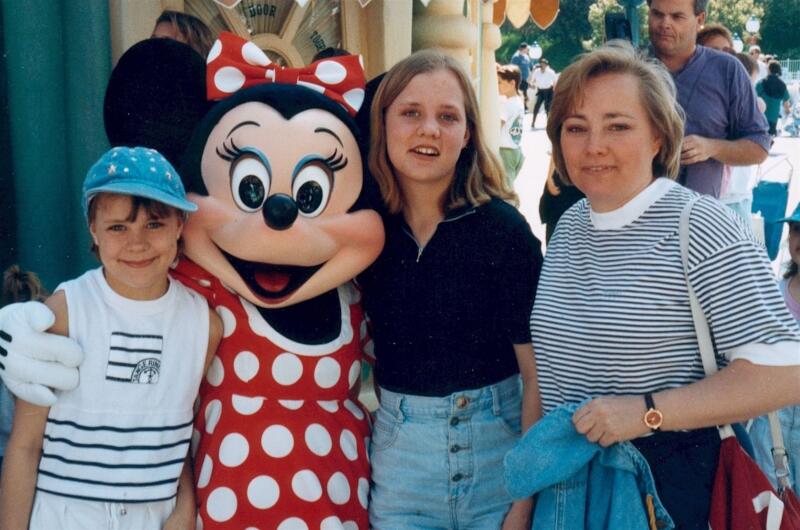
*

Zoe McKenna recently completed her Master of Arts from the University of Victoria and also holds a Bachelor of Arts from Vancouver Island University. Her thesis, as well as a great deal of her other reading and writing, focuses on horror writing in Canada, especially that by BIPOC authors. Her previous work has appeared in VIU’s Portal Magazine and the Quill & Quire. When not reading, writing, or reviewing, Zoe can be found hiking a local mountain or in front of a movie with her two cats, Florence and Delilah. She is always covered in cat hair and wears almost exclusively dark clothing to prove it. Find her on Twitter. Editor’s note: Zoe McKenna has recently reviewed books by David Wallace, David Ly & Daniel Zomparelli, Sophie Sullivan, kc dyer, Robyn Harding, and Lindsay Cameron for The British Columbia Review.
*
The British Columbia Review
Publisher and Editor: Richard Mackie
Formerly The Ormsby Review, The British Columbia Review is an on-line book review and journal service for BC writers and readers. The Advisory Board consists of Jean Barman, Wade Davis, Robin Fisher, Barry Gough, Hugh Johnston, Kathy Mezei, Patricia Roy, Maria Tippett, and Graeme Wynn. Provincial Government Patron (since September 2018): Creative BC. Honorary Patron: Yosef Wosk. Scholarly Patron: SFU Graduate Liberal Studies.
“Only connect.” – E.M. Forster
8 comments on “1678 Keeping cold cases warm”